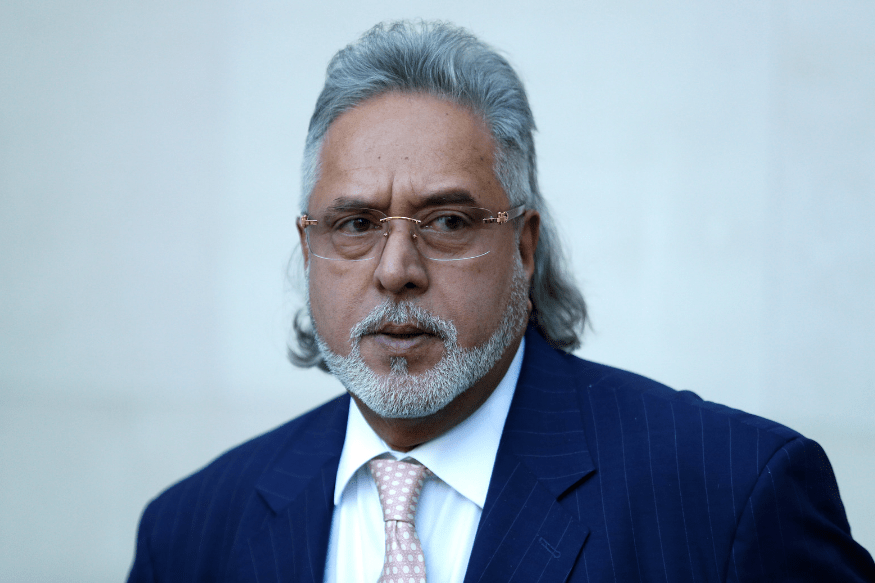The Karnataka High Court recently refused to quash the abetment of suicide case initiated against three persons accused of harassing their colleague based on his sexual orientation. [Malathy SB & Ors v State]
Single-judge Justice M Nagaprasanna said that the deceased is someone belonging to LGBT community and the sensitivity of them being ostracised pervades their psyche.
“Therefore, such people must be treated with all love and affection and not point at the infirmity that they have no control of. If every citizen would treat such citizens with all love and care, as is done to a normal human, precious lives would not be lost,” the Court said.
It further opined that such cases will have to be considered depending on the facts and circumstances.
“Cases which involve death of a person and the accused are guilty of abetment to suicide of the said victim will have to be considered owing to the facts of each case. There cannot be any particular parameter; yardstick; or a theorem for interference, particularly, in cases of abetment to suicide,” the order stated.
Unfortunately, the precious life of a youth is lost in the case at hand, all for the prima facie allegations of pointing at sexual orientation of the deceased, the Court observed.
“Therefore, it is for every citizen to bear this in mind while interacting with sensitive people. It is necessary that every one of us introspect on this issue, after all, everyone of them are human beings and all are worthy of equality,” the single-judge said.
The deceased person took his own life on June 3, 2023. The next day, his father filed a complaint with the police. As soon as the police started investigating the case, the people who were accused went to the court to challenge the complaint.
Notably, the deceased had previously lodged a complaint with the Internal Complaints Committee formed under the Sexual Harassment of Women at Workplace Act of 2013, claiming that he was being mistreated by the accused persons in the case. He had also quit his job at the company citing the harassment he had faced from the accused.
During the hearing, the petitioner’s counsel argued that the deceased person had expressed multiple grievances, and one of these grievances was related to comments about his sexual orientation.
It was further contended that they neither had any close connection with the death nor was there any incitement on their part as is required for the offence under Section 306 of the Indian Penal Code (IPC).
The prosecution stated that, at the very least, the case necessitates an investigation due to the loss of life and the aspect of proximity or its absence would only become evident after the investigation.
The bench observed that the present plea was filed merely three days after the FIR was registered and the investigation was still ongoing. It is not a case where there is no prima facie material or the allegations are made in thin air, the Court added.
“If the accused by their alleged acts have played an active role in tarnishing or destroying the self esteem of a hypersensitive person or even their self respect, would definitely become guilty of commission of abetment to suicide; if the accused have kept on irritating or annoying the deceased by words or deeds, provoking them and driving them to the wall, would also become circumstances that would be ingredients of abetment, all prima facie.”
Delicate analysis of human behavior that shrouds each case will have to be analyzed on a case to case basis, the Court said.
The Court opined that human mind could be affected and would react in myriad ways and one such way could be the ending of one’s life. Therefore, all these would be in the realm of disputed questions of fact and would require investigation in the least, it said.
The Court relied on the case Mahendra KC v State of Karnataka wherein the Supreme Court had stressed that each person is unique leading to variations in behavior.
The Court, therefore, rejected the plea.
Senior Advocate Sandesh J Chouta along with advocate Mrinal Shankar represented the petitioners.
Advocate KP Yashodha represented State.
Source Link




